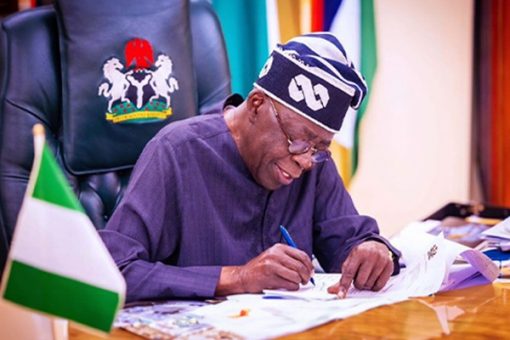CALABAR — Public issues analyst and lawyer, Justice Osai Ahiakwo, has raised strong concerns over the newly signed Cybercrimes Act 2025, describing it as a deliberate move by the federal government to muzzle opposition voices and curtail citizens’ right to free expression.
In a statement issued in Calabar yesterday, Ahiakwo argued that the new legislation directly undermines the Freedom of Information Act, 2011, which was designed to promote openness, transparency, and accountability in governance.
“The Freedom of Information Act, 2011 is a people-oriented law, and the federal government at the time was intentional about safeguarding democracy. But the provisions of the new Cybercrimes Act 2025 are tactically reinforced to punish public opinion without restriction,” he said.
According to him, the 2025 Act introduces stricter regulations for online activities, targeting content creators, social media users, and digital commentators. He noted that offenses such as spreading fake news, online harassment, inciting ethnic or religious hatred, recording private conversations, and unauthorized access to digital devices now attract severe penalties, including jail terms.
Ahiakwo also expressed fears that the government may compel technology companies to surrender user data without adequate transparency safeguards, thereby weaponizing the law against perceived political enemies.
“The implementation of this law may not guarantee individual rights to freedom of information as the drafters of the law had in mind,” he warned.
He further questioned the possible clash between the two laws, asking: “Between the Cybercrimes Act, 2025 and the Freedom of Information Act, 2011, which guarantees citizens’ access to public information, can anyone charged under the new law rely on the FOI Act for protection? This remains an issue for the courts to determine.”
Ahiakwo insisted that the FOI Act remains a cornerstone of democratic governance, enabling citizens to hold leaders accountable. He cautioned that any legislation that undermines its principles risks eroding the very foundation of Nigeria’s democracy.

Comments